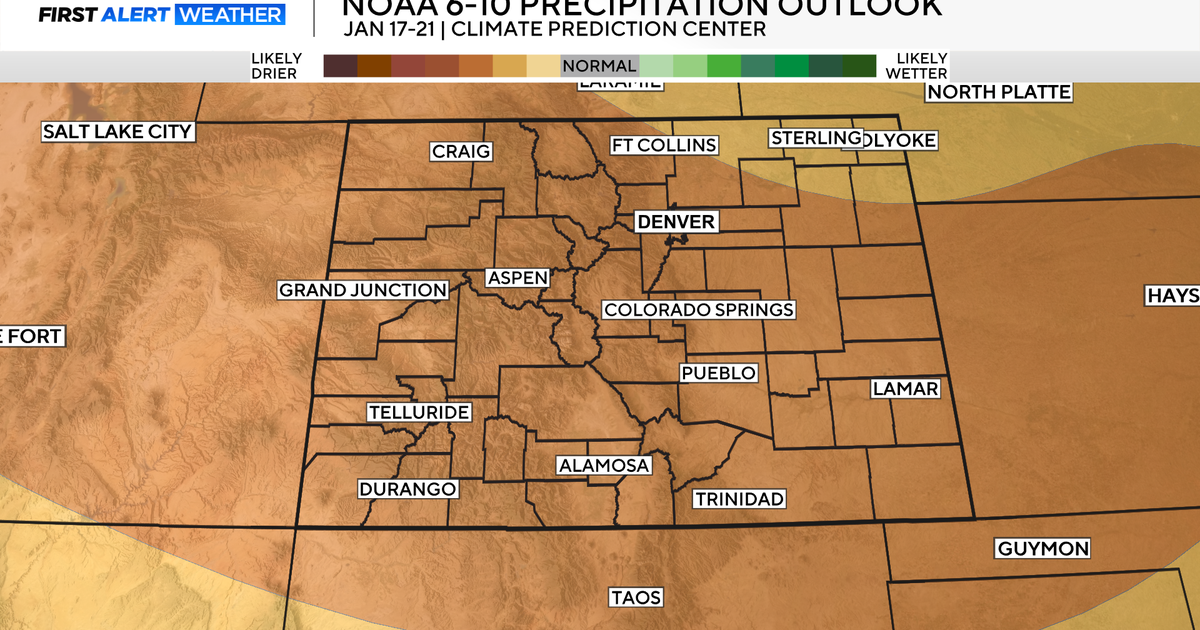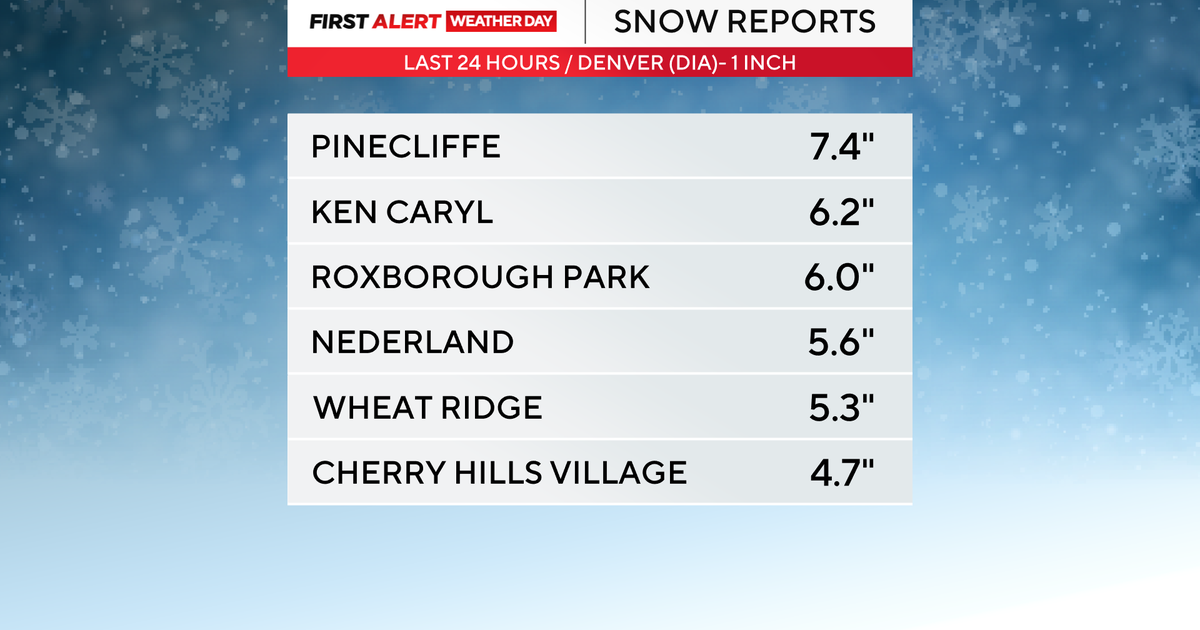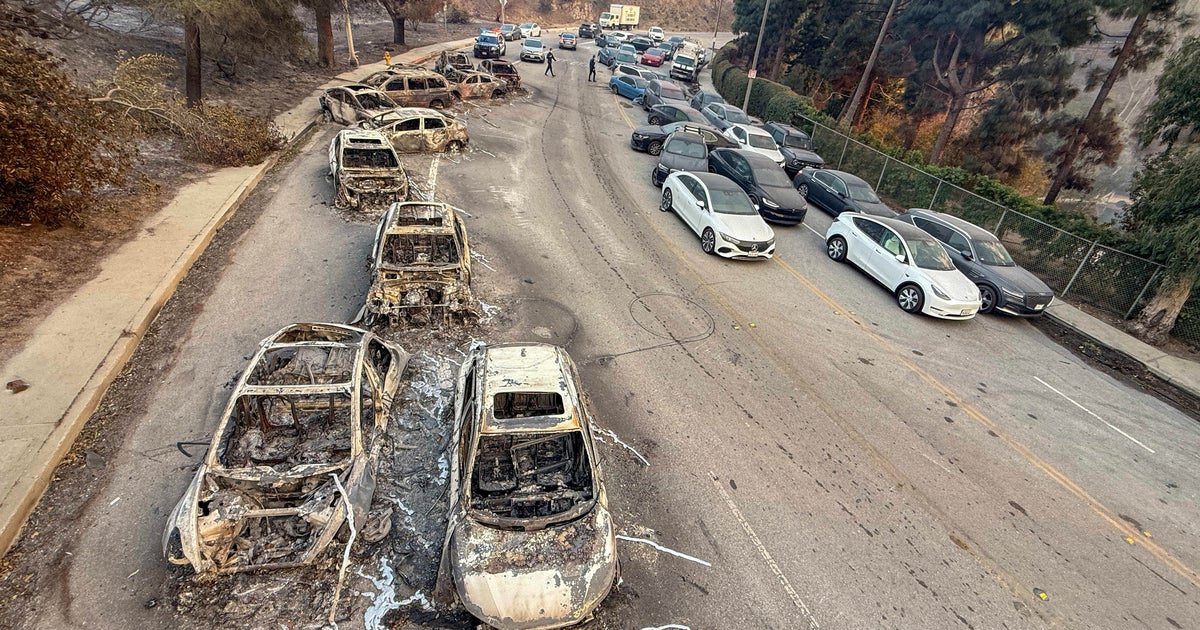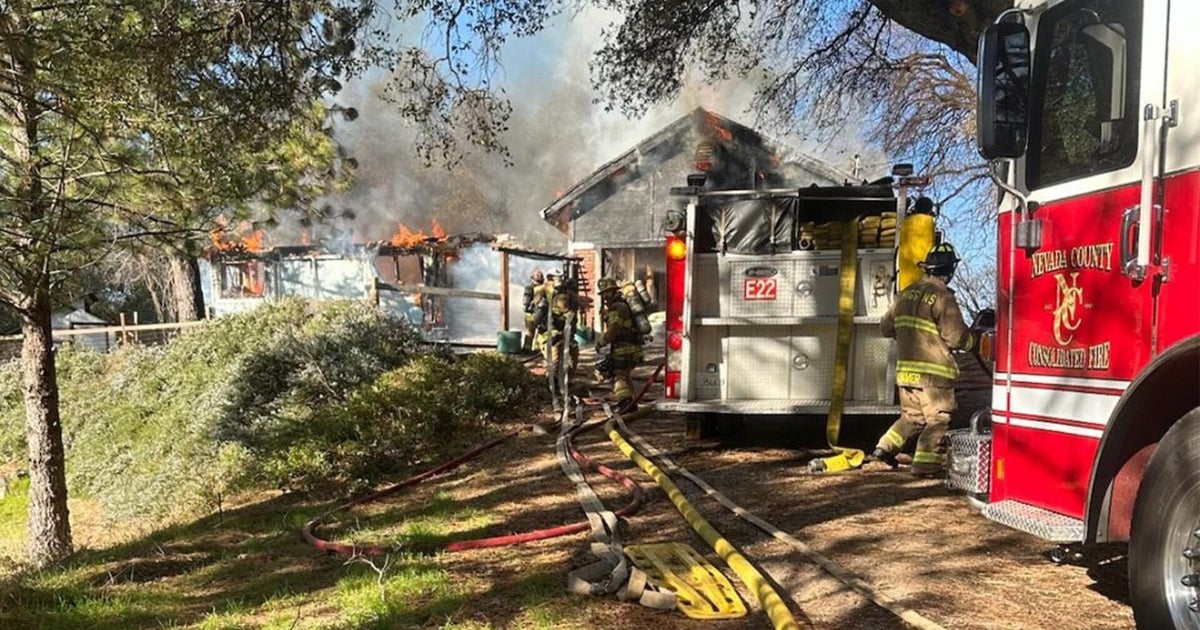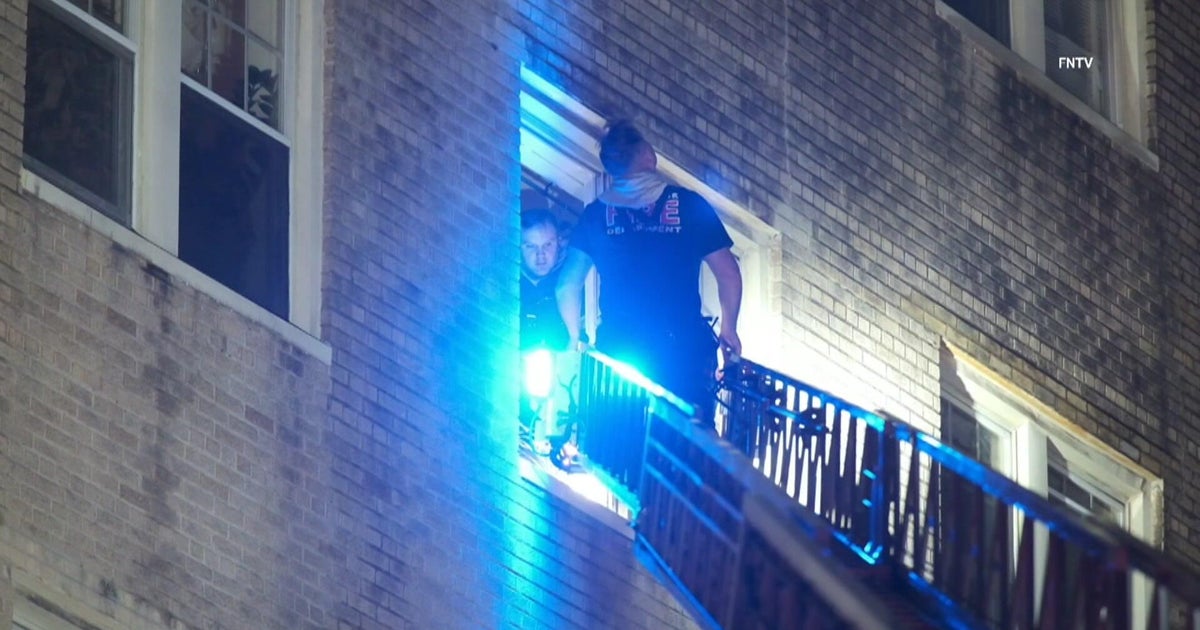Haze from wildfires in Canada to clear out of Colorado by Sunday: "It is much smaller particles that can penetrate into your lungs"
Thick haze blanketed the Front Range on Friday, blocking the sun and views of the mountains for most of Colorado's population.
The haze is smoke that has traveled from dozens of wildfires currently burning in Alberta, Canada.
"It seems like we are in a fog right now," said Jeff Pierce, professor of Atmospheric Science at Colorado State University.
The smoke has traveled south from Canada, largely following a path along the Rocky Mountains. The haze in Colorado has been making its way to the south for several days before it arrived.
"When smoke comes from a long-distance fire, we are much less likely to be aware that it is smoke," Pierce said.
Pierce says the smell of fire hasn't traveled to Colorado with the smoke we have seen. He noted that the smell of the fires often fades away within two days of the particles traveling through the air. He says the haze in Colorado is made up of fine particles of ash that have traveled potentially thousands of miles.
"It is much smaller particles that can penetrate into your lungs," Pierce said.
The air quality in Denver was ranked the second worst in the entire world on Friday. Those who have asthma or other breathing troubles were encouraged to stay indoors.
"(Symptoms include) eye irritation, a runny nose or cough. It is best to stay indoors," Pierce said.
Some noted that it seemed rare that smoke had traveled from fires to our north rather than fires to our west. Peirce says it's uncommon, but has happened before.
"We sometimes get it from the same direction from Montana along the Rockies," Pierce said. "In recent years, we have been getting them from local fires, from California or the pacific northwest."
Pierce says wind patterns moving toward Colorado should clear the region of smoke by Sunday evening.

